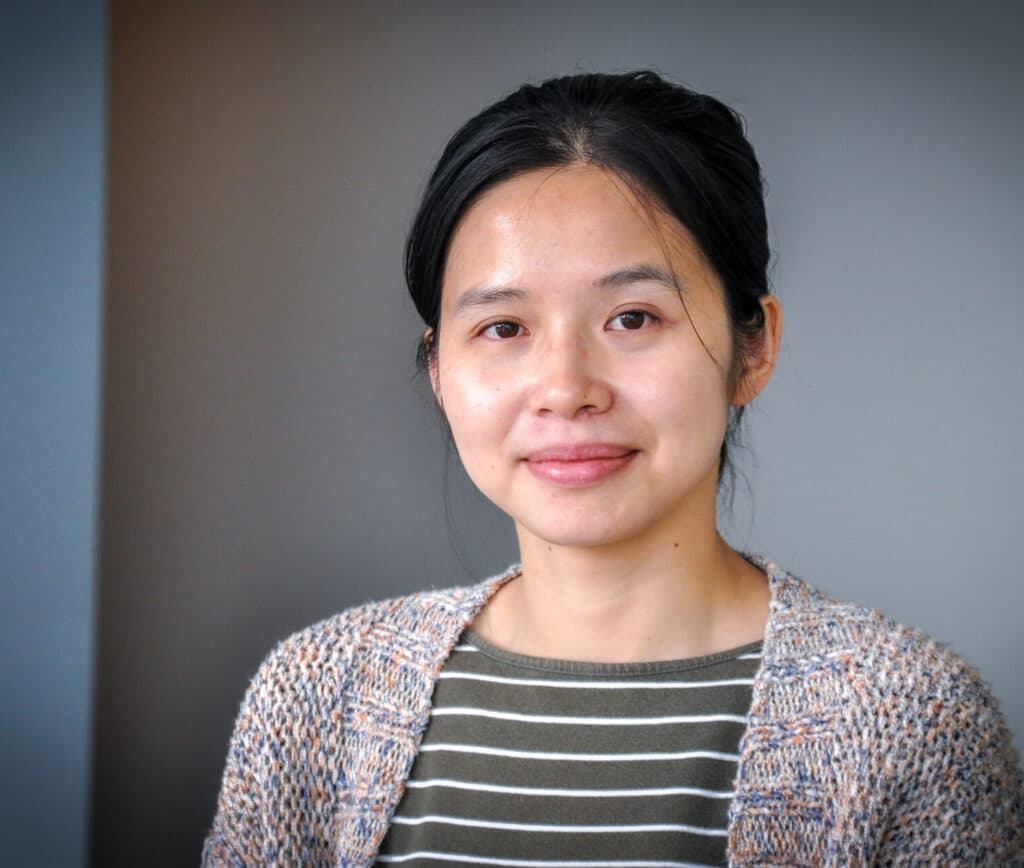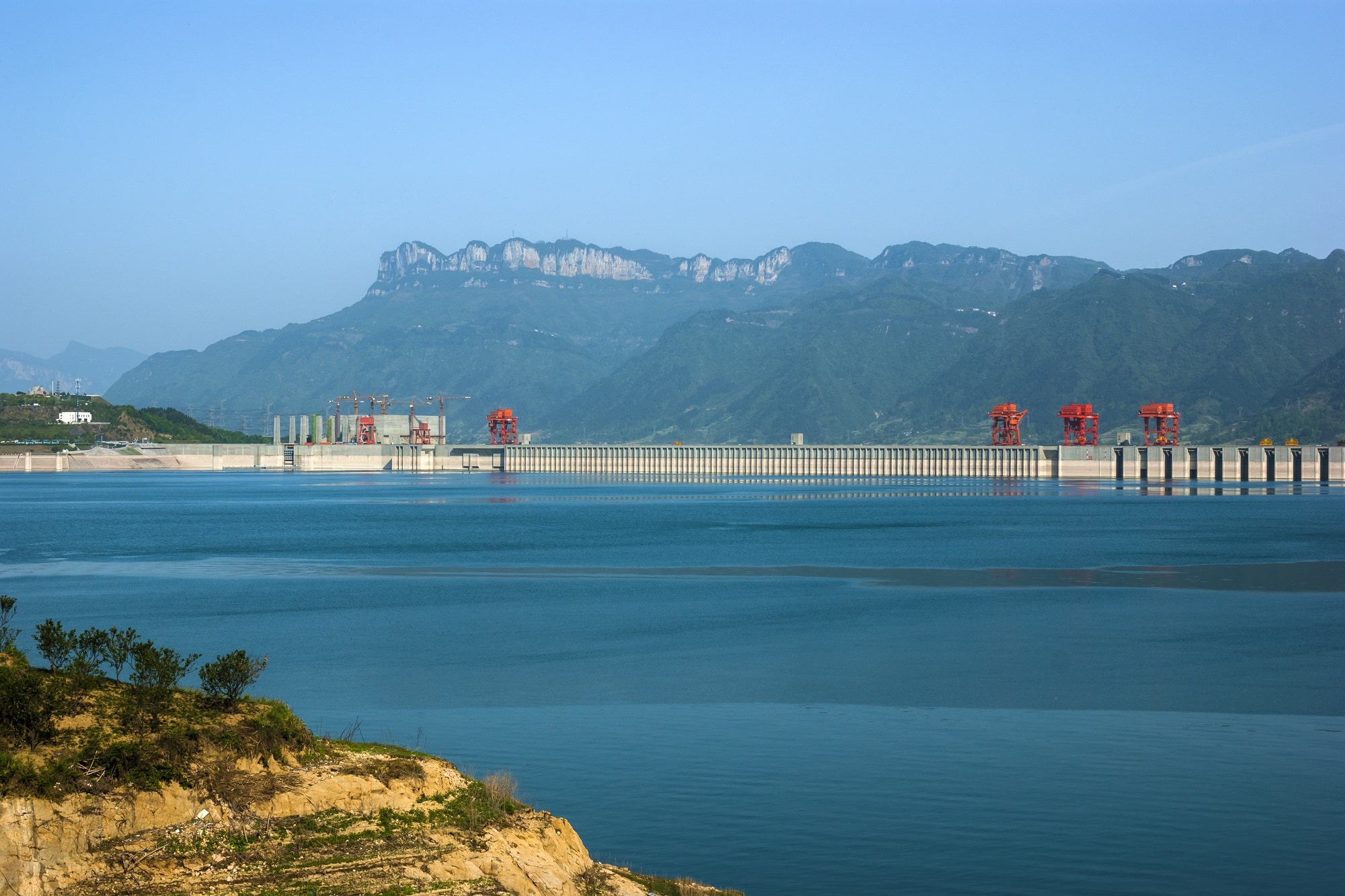Presented application of AI in the energy system
In October 2020, the international collaboration project between Norway and China, IntHydro, was formally kicked off in a digital meeting.
The goal of the IntHydro project is to define and validate intelligent hydropower scheduling using machine learning techniques. The scheduling methodology will address shortcomings in existing hydropower scheduling models to deal with uncertainties brought by the high share of variable renewable energy resources in Norwegian and Chinese power systems.
Chinese hydropower
The Teams kick-off meeting was led by Project Manager and Associate Professor, Hossein Farahmand and the day began with presentations from project participants.
“After this, the Chinese partner, Professor Xueping Pan from Hohai University, introduced the project background and project content, e.g. Chinese hydropower development situation and the IntHydro work package content from the Chinese side. In addition, Prof. Xueping Pan introduced Hohai University to the Norwegian consortium, including location, student and teacher size, different majors, international cooperation and so on,” says Dr. Xiaomei Cheng, Senior Researcher at Smart Innovation Norway.
The professor was followed by Senior Engineer Huiwen Liu from NARI GROUP CORPORATION (NARI) who gave a simple introduction to NARI and their projects, for instance China Three Gorges HPP. After the NARI presentation, Professor Pan introduced Yalong River Hydropower Development Company, LTD (Yalong) to the Norwegian consortium partners.
AI in power systems
From the Norwegian side, Professor Bernt Bremdal presented the application of AI in the energy system, for instance AI in power systems, AI in smart grids and smart buildings.

“The deep learning approach, e.g. Long Short Term Memory, will be used into IntHydro to do the predictions. In addition, the importance of data was highlighted in Professor Bremdal’s presentation,” explains Dr. Cheng (photo).
Next, Associate Professor Jayaprakash Rajasekharan from NTNU presented the application of data-driven models in hydrological systems. The comparison between the data-driven approach and the process-driven models was made in his presentation and an overview of different data-driven methods was introduced.
Causal inference for forecasting
“Towards the end of meeting, guest Reza Arghanden, Professor in artificial intelligence of energy from Western Norway University of Applied Sciences, gave a presentation about using causal inference for forecasting in power systems. The causal inference approach was presented in detail and he also introduced how causal models can be used to predict the load,” notes Dr. Cheng.
Finally, two industry partners, Lyse produksjon and Østfold Energi, introduced themselves and the current power market situation, which raised an interesting discussion about long-term and short-term hydropower scheduling models.
Before the meeting ended, communication and dissemination goals were discussed and plans (e.g. meeting frequency) for near future actions were decided.
IntHydro partners
Norway:
- Norges Teknisk-Naturvitenskapelige Universitet (NTNU) including its Hydro Center
- Lyse Produksjon AS
- Østfold Energi AS
- Smart Innovation Norway
China:
- Hohai University
- NanJing Nari Water Resources and Hydropower Technology Company, Ltd
- Yalong River Hydropower Development Company, Ltd

